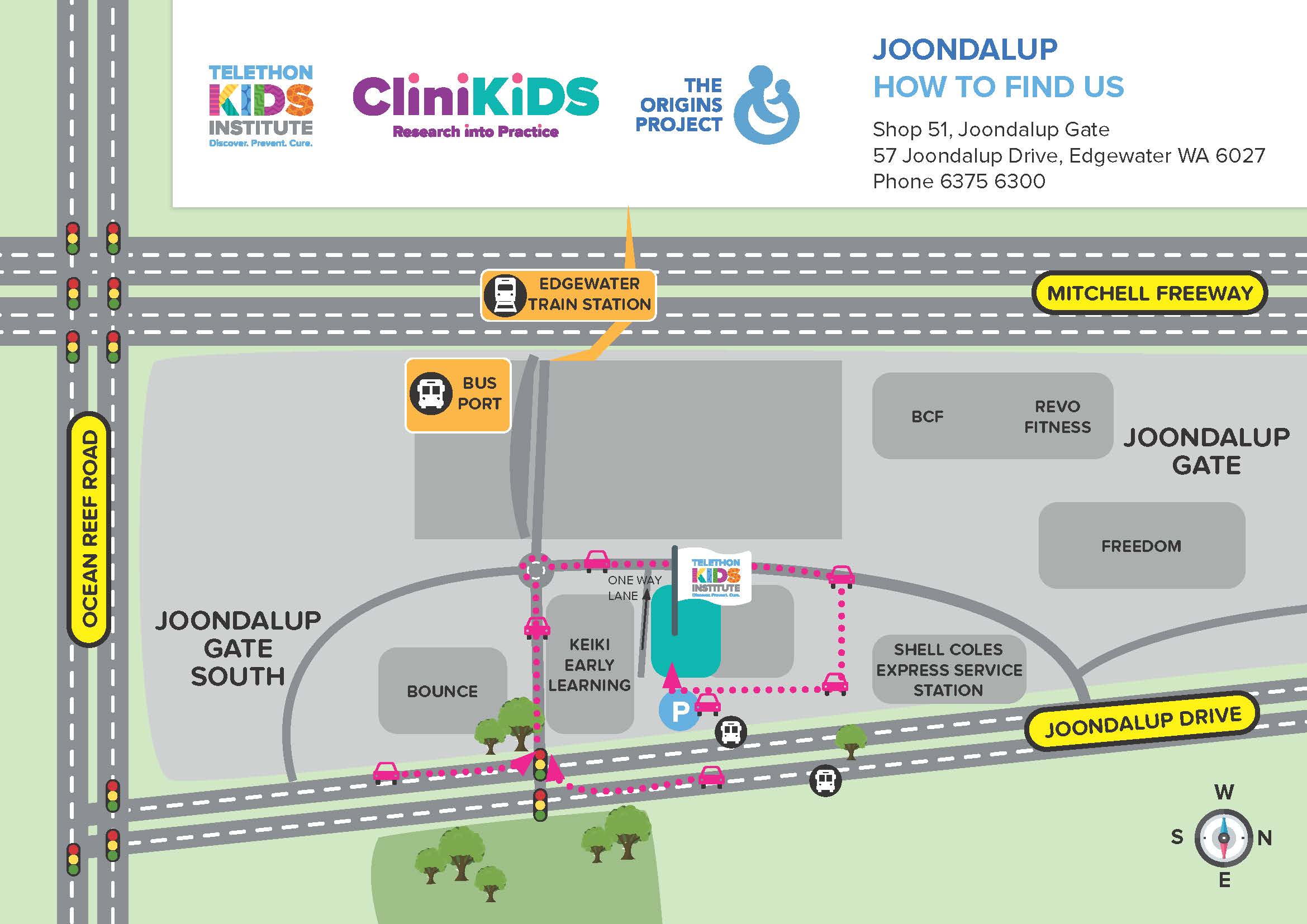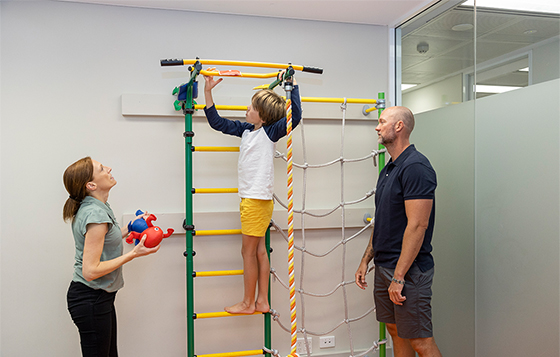Search
Showing results for "autism"

News & Events
Here's to one year at Perth Children's HospitalIt's The Kids Research Institute Australia's first anniversary within Perth Children’s Hospital

News & Events
New Home for ORIGINSThe Kids Joondalup will be the new home for the ORIGINS research and data teams
Research
Neonatal complications in public and private patients: A retrospective cohort studyDespite the rates of low Apgar scores being higher in public patients, the rates of special care admission were lower.
Research
Characteristics of non-Aboriginal and Aboriginal children and families with substantiated child maltreatmentTo investigate specific child and parental factors associated with increased vulnerability to substantiated child maltreatment.

News & Events
The Kids researchers awarded Raine Medical Research Foundation fundingCongratulations to Dr Gail Alvares and Dr Rachel Foong, who have been awarded funding from the Raine Medical Research Foundation.
Evidence-based paediatric speech therapy in Perth, tailored to each child’s needs.

News & Events
History of OT in AustraliaIn this blog, Curtin University Occupational Therapy students Julia Walker and Mandy Bull delve into the history of Occupational Therapy in Australia.

News & Events
Welcome to the team Theresa and Ally!There are two new faces at CliniKids, Theresa, our new Clinical Services Manager and Ally, our new Occupational Therapist.
Research
A Scoping Review of Digital Interventions Targeting Anxiety in Young ChildrenAnxiety is a leading mental health concern in childhood. Whilst a range of therapeutic approaches effectively reduce anxiety in young children, several barriers impact their implementation into practice. Digital interventions could help overcome some of these challenges; however, whether these can effectively target anxiety for children with and without Neurodevelopmental Conditions is unknown.
Research
Delivery at 37 weeks' gestation is associated with a higher risk for child behavioural problemsWe suggest that 37 weeks' gestation may not be the optimal cutoff for defining perinatal risk as it applies to behavioural development.
